6 Vegetables Dietitians Recommend Buying Frozen Instead of Fresh
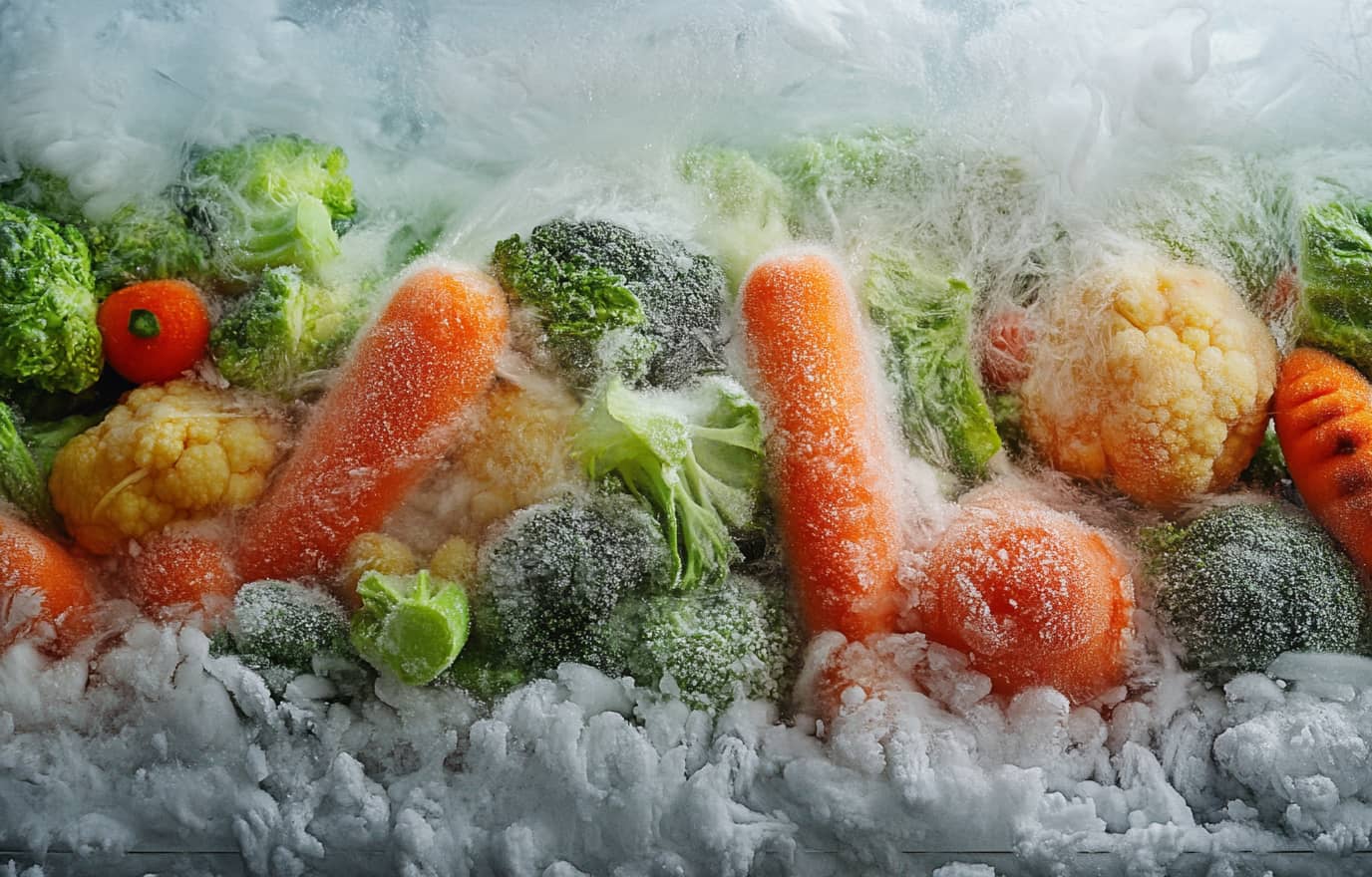
Eating healthy can be challenging at times. A diet rich in vegetables, such as broccoli, is essential for providing the vitamins and minerals our bodies need to stay healthy. However, it can be tough when fresh vegetables are costly, out of season, or spoil quickly in the fridge. One great solution is to turn to frozen vegetables, which often retain higher nutrient levels than fresh ones. Whether you’re cooking a quick vegetable meal or using an air fryer to prepare your vegetables, frozen options can be a convenient and cost-effective alternative.
Why Opt for Frozen Vegetables?
Vegetables start losing nutrients as soon as they're harvested, but frozen vegetables are flash-frozen at their peak ripeness. This helps lock in vitamins and minerals, preserving their nutritional value by halting nutrient breakdown. For example, broccoli frozen at its peak often contains more nutrients than fresh broccoli that has undergone lengthy processing, storage, and transportation. Besides their nutritional benefits, frozen vegetables are budget-friendly and convenient, especially when certain varieties are out of season. With options like frozen broccoli, you can easily whip up a quick recipe or toss them in the air fryer for a healthy, effortless meal.
6 Vegetables Worth Buying Frozen
Nutritionist and sports medicine expert Dr. Peter Brukner is frequently asked about frozen foods and how they can be included in our diets. While many vegetables are great to keep in the freezer, Dr. Brukner points out that some are better suited for freezing than others. While these vegetables are also excellent when fresh, buying them frozen ensures that you always have nutritious, perfectly ripe options ready to go.
01 Broccoli
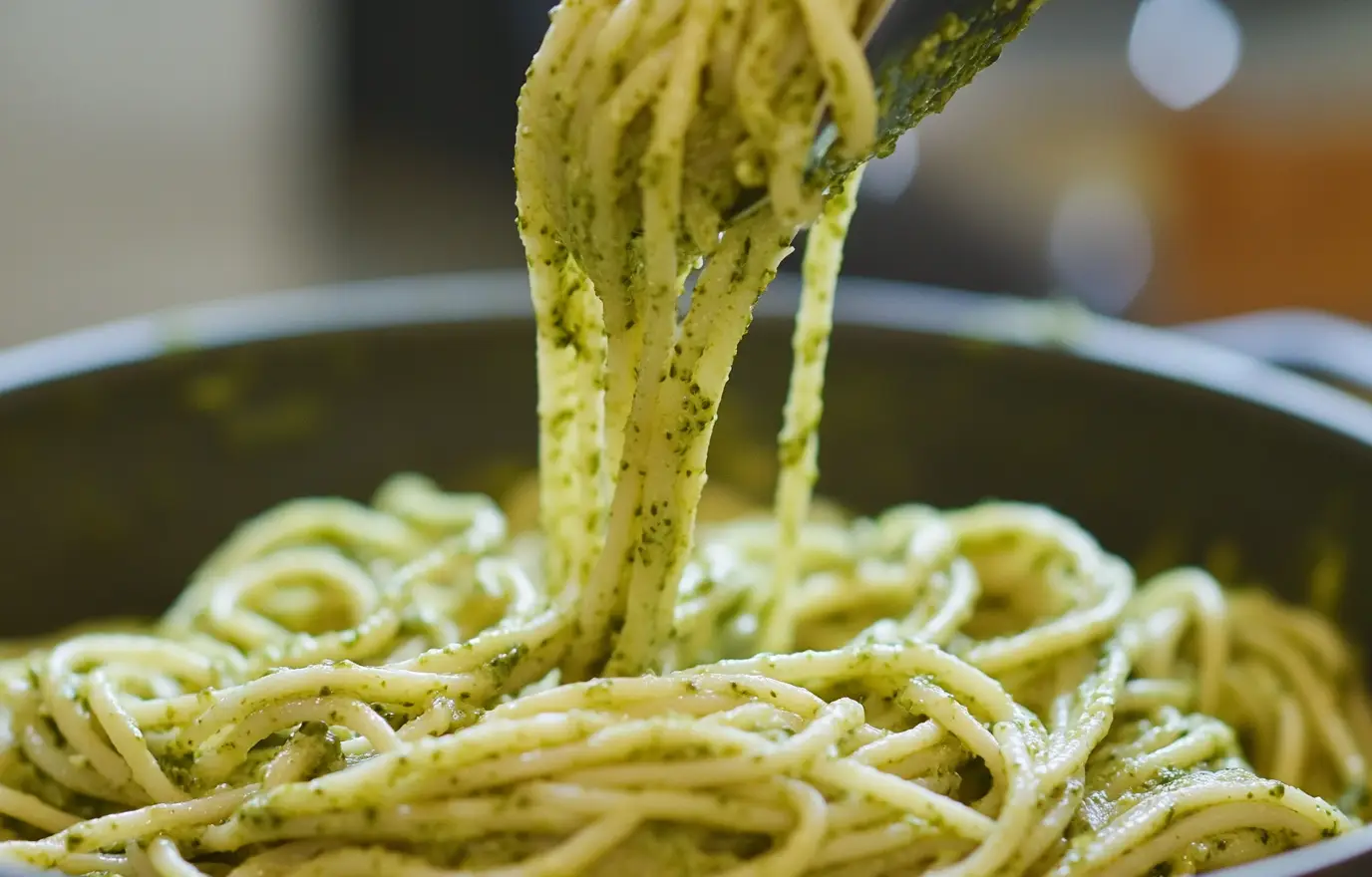
Dr. Brukner explains that broccoli is packed with vitamins C and K, as well as fiber. The nutritional value of broccoli is preserved even when frozen, as it retains its crunch and vibrant green color, making it a perfect side dish or a great addition to stir-fries.
02 Spinach
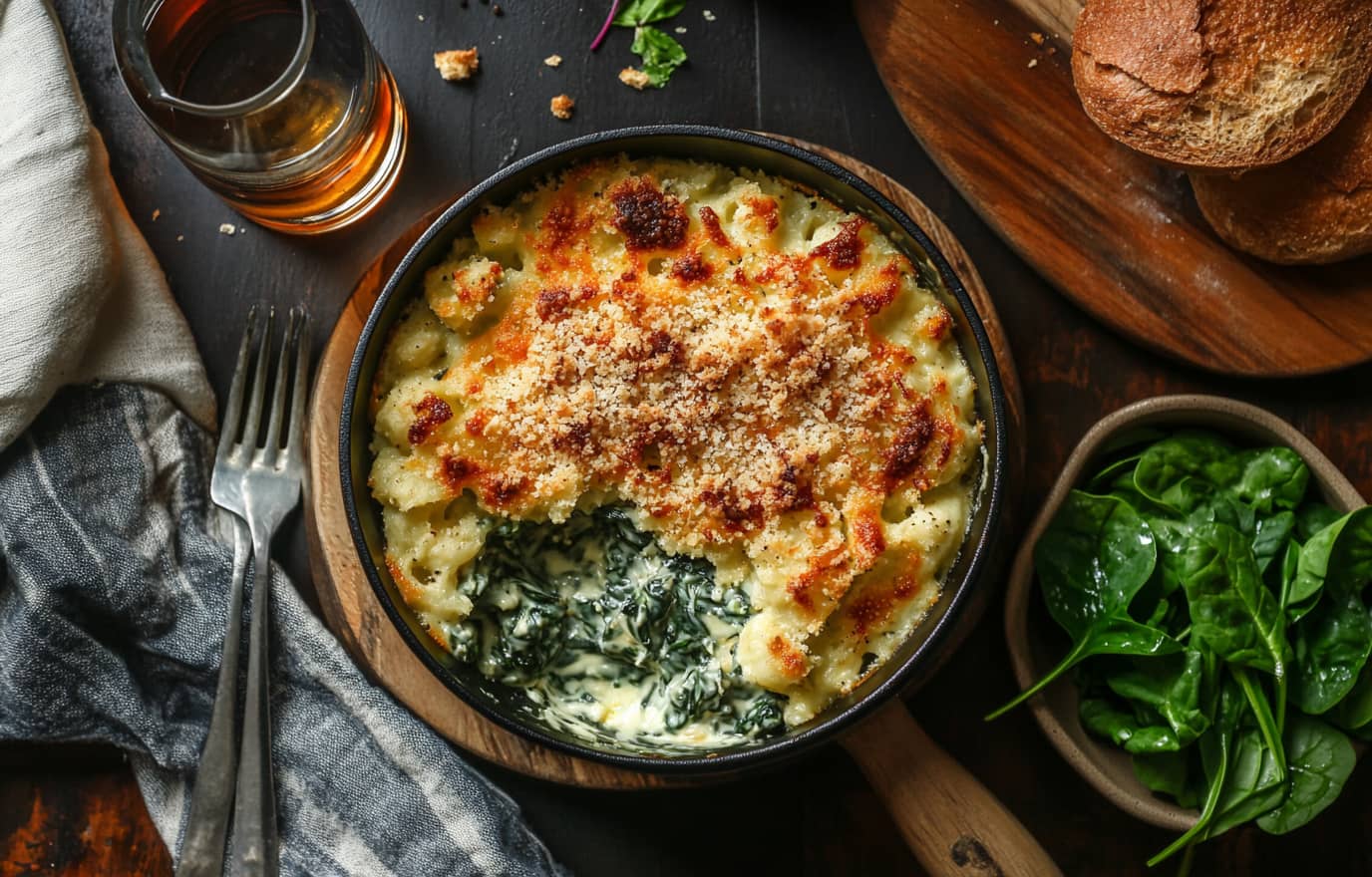
Frozen spinach is loaded with iron and a variety of vitamins. Whether blended into smoothies, stirred into soups, or added to pasta dishes, it’s a convenient way to boost the nutritional value of any meal. In fact, the nutrients in spinach are well-preserved when frozen, making it an excellent choice for adding to your diet year-round.
03 Peas
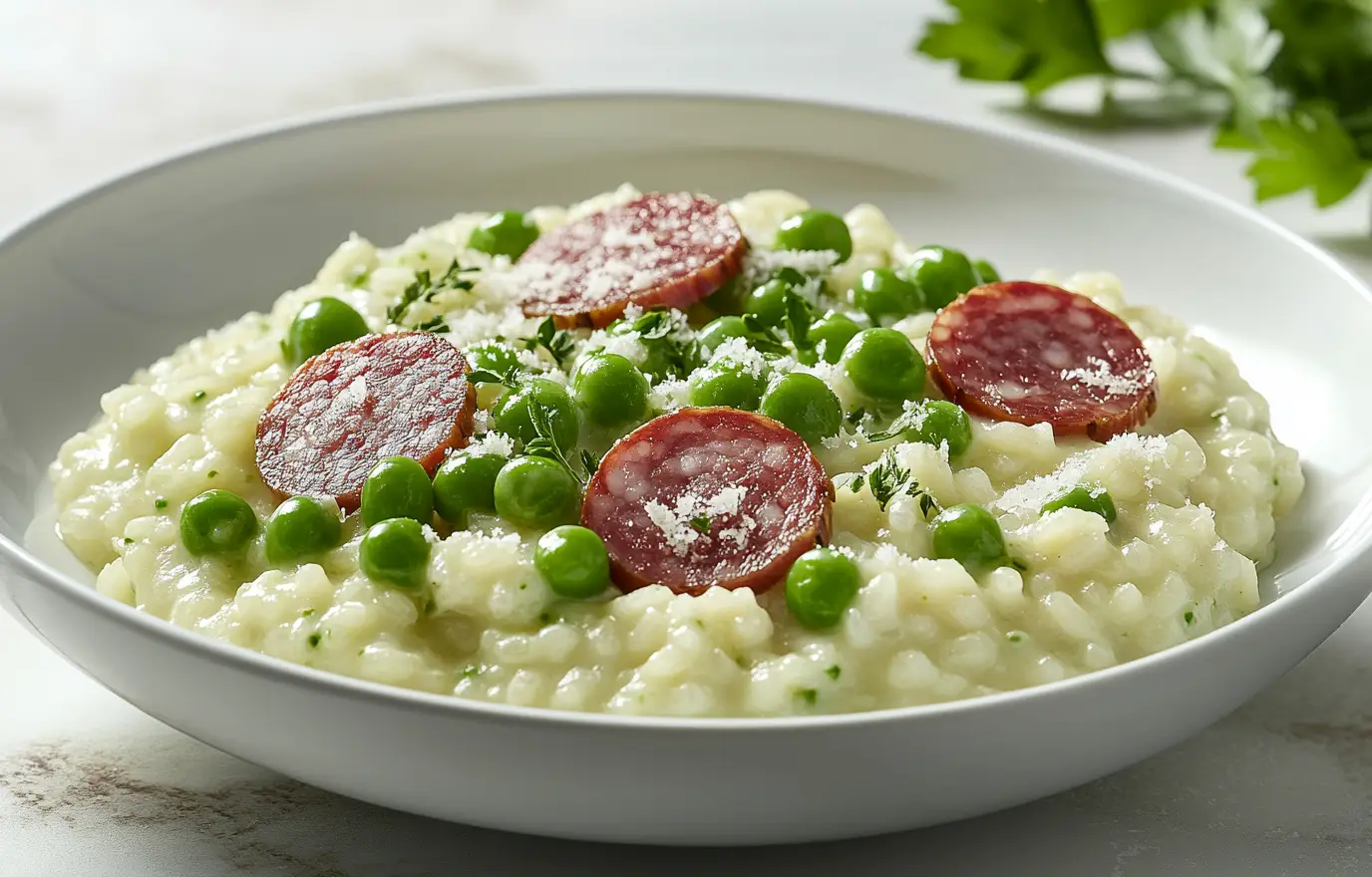
This sweet, bright green legume is an excellent source of protein. Even when frozen, peas cook quickly, making them a convenient and simple vegetable.
04 Bell Peppers

Dr. Brukner notes that these vibrant vegetables are particularly high in vitamins A and C. Freezing preserves their crunchy texture, making them a great addition to salads or stir-fries.
05 Cauliflower
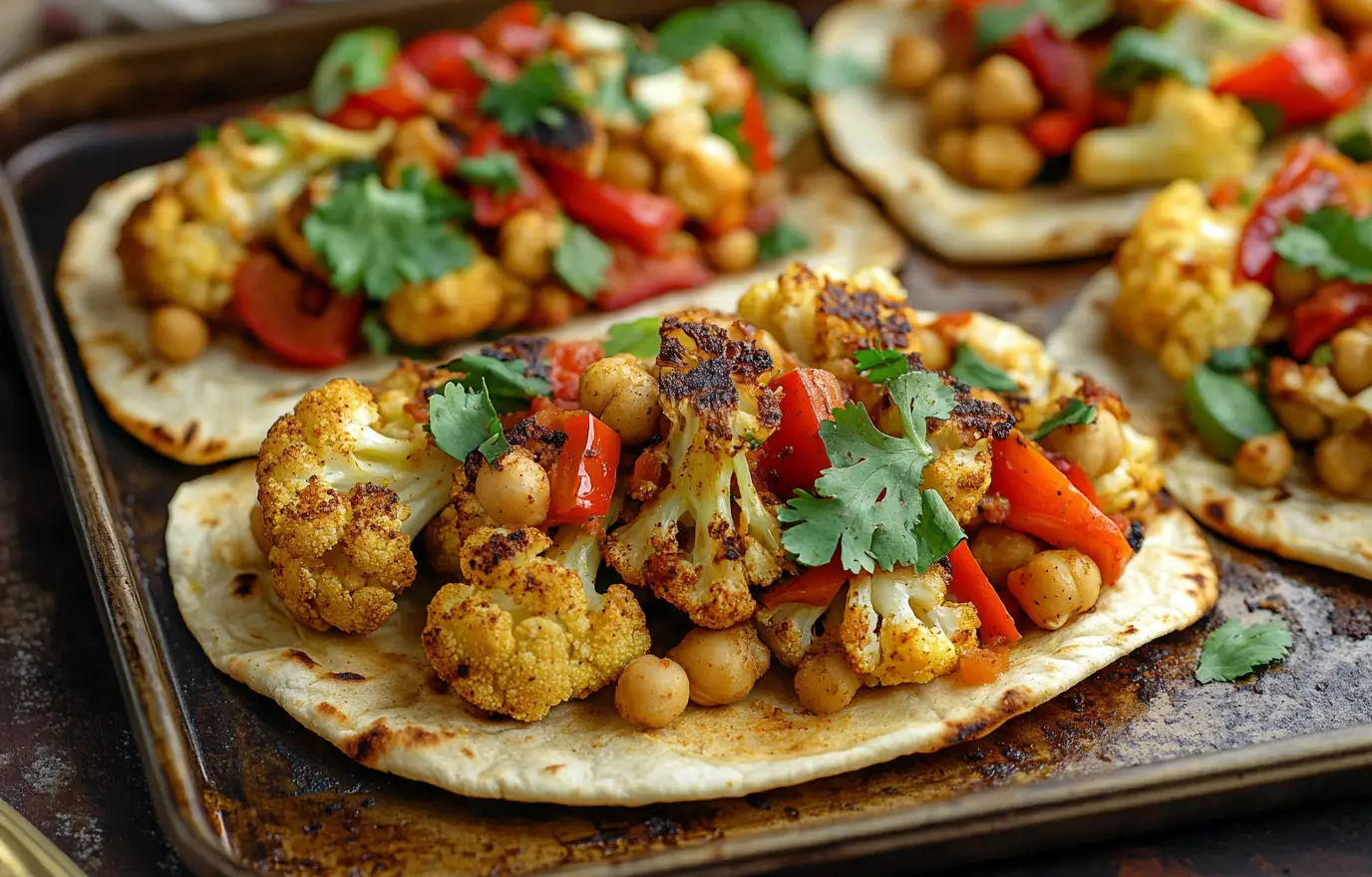
Dr. Brukner explains that cauliflower is an excellent source of fiber and cooks well when frozen. It can also serve as a low-carbohydrate substitute for rice.
06 Mixed Vegetables
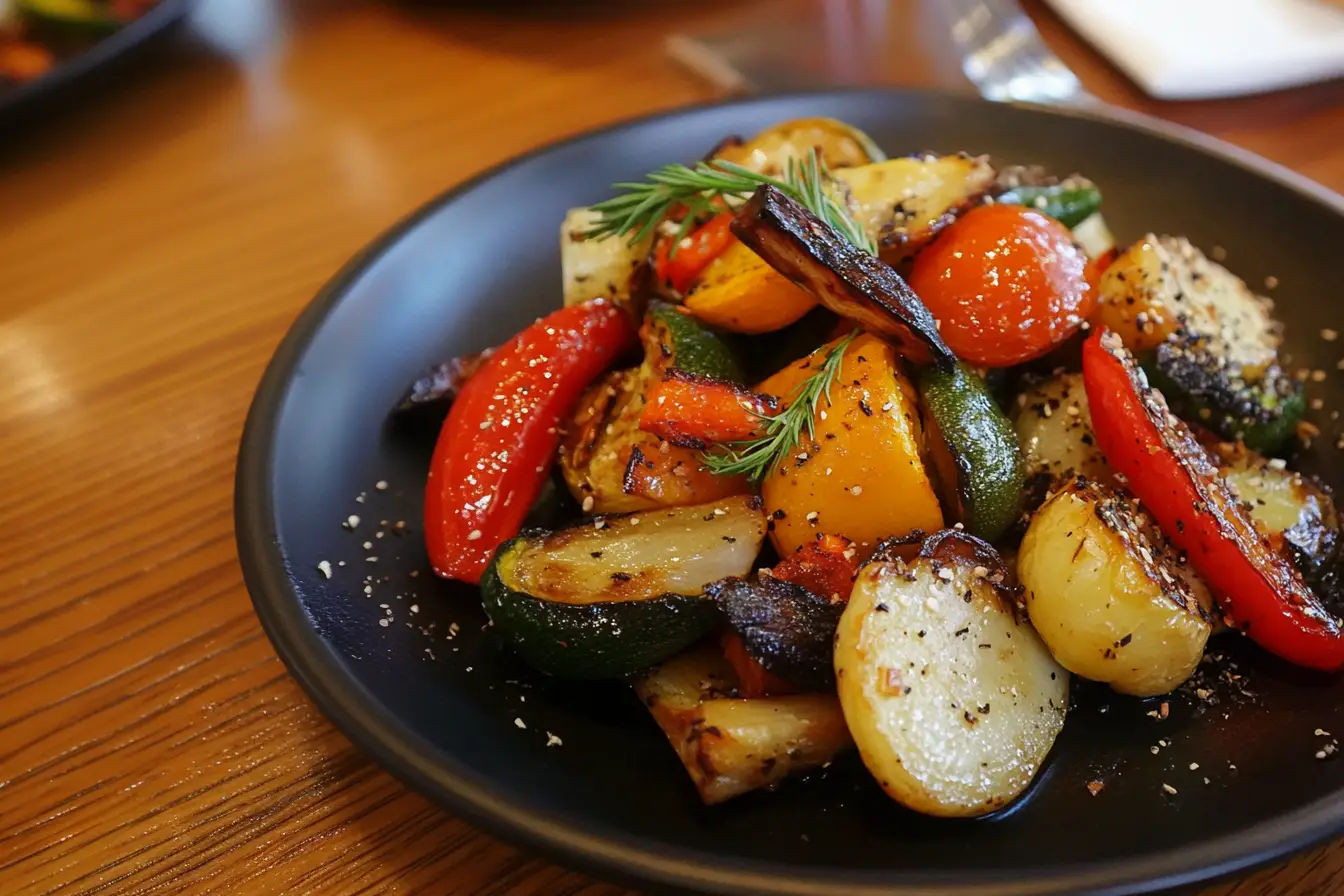
Mixed bags of vegetables are commonly available in the freezer section, offering a convenient way to add a variety of nutrients to your meal. Dr. Brukner recommends choosing colorful mixes to ensure you’re getting a broader range of vitamins. These mixed vegetables can be easily incorporated into a variety of vegetable recipes, making meal planning both healthy and simple.

